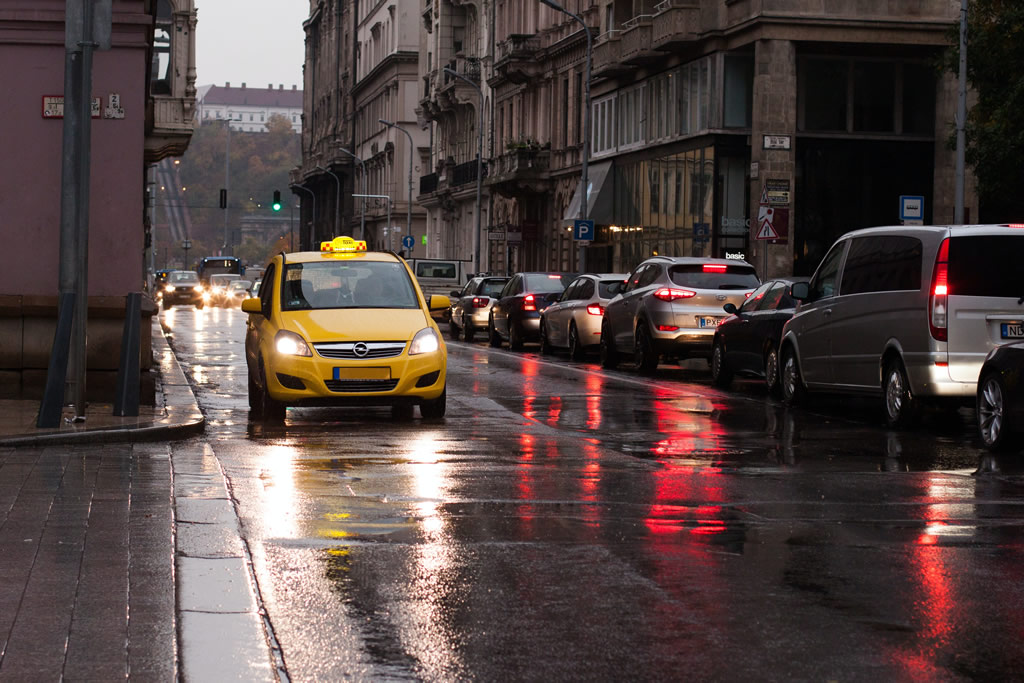In the lexicon of travel enthusiasts, otherwise known as tourists, the term ‘wanderlust’ holds a special allure. It’s that insatiable desire to travel far and wide. To explore new horizons. To immerse oneself in unfamiliar cultures, and to taste the multifaceted flavors of our beautiful world.
It is this push that fuels our dreams of cobblestone streets in ancient European towns, serene beaches in the tropics, beast-full African wilderness, and the bustling bazaars in Asian metropolises. Travel. Travel. Travel. The wanderlust spirit is always and will always be the push.
But amid these exhilarating ventures and adventures, there lies a shadowy side to travel that is often brushed under the plush hotel carpets – the crafty maneuvers of con artists and criminals. The criminals, the con artists and the scammers.


Travel Crimes and Scams to watch out for while Abroad
While every corner of our beautiful world is overwhelmingly populated with good-hearted folks, every land has its tricksters, waiting in the wings to capitalize on the naiveté of travelers and tourists. These scam artists have honed their deceptive arts, mastering the ability to spot and exploit an unsuspecting traveler from miles away.
And while their antics might occasionally seem ingenious, falling prey to them can be costly, both financially and emotionally.
This article seeks not to dampen your travel spirits, but to equip and empower you with knowledge. By understanding the common scams and pitfalls that lurk in tourist every hotspots, you can ensure that your cherished travel memories are untainted by deceit.
So, as you pack your bags and chart your itinerary and safari routes, we would like to invite you to have a look into the maze of travel scams. Then hopefully, you could learn how to artfully sidestep the traps set by those looking to take advantage of you, the uninformed tourist.

Let us begin here: As a tourist, you are easy prey
Traveling is a different thing to different people. To some, it might be a celebration of adventure and novelty. To another set of persons, it might be a celebration of important life events like honeymoon or family re-union. And yet to others, it might be an escape from a troubled present – an alcoholic celebration 8 years of soberness. Just an example.
Whatever the case may be for you, travel inadvertently breeds unfamiliarity to the traveler. This very unfamiliarity almost always paints you, the traveler, as ideal targets for scammers and criminals.
You are the Prey. And you are an Easy Prey
The numerous tales of travelers falling prey to mighty travel-related scams might sound all too familiar, but with a deeper understanding, you can ensure your journey isn’t marred by deception.
Let’s embark on an in-depth exploration of these scams and learn how to counteract them.
The Overpriced Taxi Ride
What it is: Just landed in a new city and hopped into a taxi? Beware! Here is the problem. Some taxi drivers, taking advantage of a tourist’s unfamiliarity, might deliberately choose longer routes or claim that their meter is broken, ultimately charging an inflated fare.
Real-life scenario: John, on his maiden voyage to Bangkok, was charged 2,000 Baht for what should have been a 300 Baht ride.
How to avoid this kind of scam: Always opt for official taxi services, ideally those with fixed rates from airports. Familiarize yourself with approximate fares using apps like Google Maps or ask locals. Rideshare apps, prevalent globally, provide price transparency and can be a safer bet.
The ‘Friendly’ Local or ‘Tour Guide’
What it is: You might already be in town. You are feeling confident and venture out. A charming local strikes a conversation and offers a unique, off-the-beaten-path experience. But at the end, they might demand a hefty sum for their ‘services’, or lead you into tourist-trap shops.
Real-life scenario: Sarah, traveling solo in Marrakech, was led to a ‘hidden’ carpet shop by a seemingly innocent helper, ending up with a vastly overpriced purchase.
How to avoid: While interacting with locals is a travel highlight, remain cautious of unsolicited offers. For guided experiences, always book through established agencies or platforms.
The Fake Police Officer
What it is: These scammers, dressed as officers, might demand on-the-spot fines for a ‘violation’, or worse, rob you under the guise of checking your belongings.
Real-life scenario: In Mexico City, Jake was approached for a random ‘drug search’, only to find his wallet lighter after the encounter.
How to avoid: Never hand over money or documents without proper verification. Genuine officers will have no issues if you request credentials or wish to resolve matters at a nearby police station.
The Distraction Technique
What it is: One scammer creates a scene or a diversion, while an accomplice swiftly pickpockets the unsuspecting tourist.
Real-life scenario: At the bustling La Rambla in Barcelona, Emma got doused with birdseed “by accident”. As she cleaned up, her backpack was stealthily opened.
How to avoid: Stay alert in crowded areas. Use bags that have multiple zippers and concealed pockets. Consider investing in anti-theft bags designed for travelers.
The Counterfeit Money
What it is: In places where you’re still acclimating to the local currency, some may take advantage by giving fake notes as change.
Real-life scenario: David, enjoying Vietnam, was once handed a near-identical 20,000 Dong note instead of a 500,000 one.
How to avoid: Familiarize yourself with the feel, color, and security features of local notes. Whenever possible, tender exact change or use smaller denominations.
The ‘Broken’ Rental
What it is: Upon returning a rented vehicle, the owner feigns dismay at ‘damage’ you supposedly caused, demanding steep repair fees.
Real-life scenario: In Bali, Mike’s rented scooter suddenly had a ‘new’ scratch, resulting in a $200 unexpected charge.
How to avoid: Before renting, inspect and photograph every angle. Ensure any existing damages are documented in the contract. Patronize well-reviewed rental services.
The ‘Closed’ Accommodation
What it is: On route to your accommodation, a tout or driver informs you that your pre-booked place is ‘closed’ or ‘overbooked’, rerouting you to a pricier spot.
Real-life scenario: In Kathmandu, Lily was almost convinced her hostel had shut down due to a ‘power issue’.
How to avoid: Firmly assert your destination. If doubts arise, call your accommodation directly. Trust your booking confirmations over word-of-mouth.
Golden Rules for Safety while traveling abroad:
Research Before You Go: Knowledge of prevalent scams can be your best shield.
Engage with Genuine Locals: Your hotel staff, booked guides, or local friends can offer invaluable advice.
Stay Alert, Not Paranoid: Awareness is crucial, but don’t let caution overshadow your travel joy.
Conclusion
The vast tapestry of travel experiences is occasionally marred by deceitful threads. However, with understanding and vigilance, these can be easily sidestepped. Equip yourself with knowledge, trust your instincts, and let the beauty of your journey remain undiminished. Safe travels and happy adventures!

